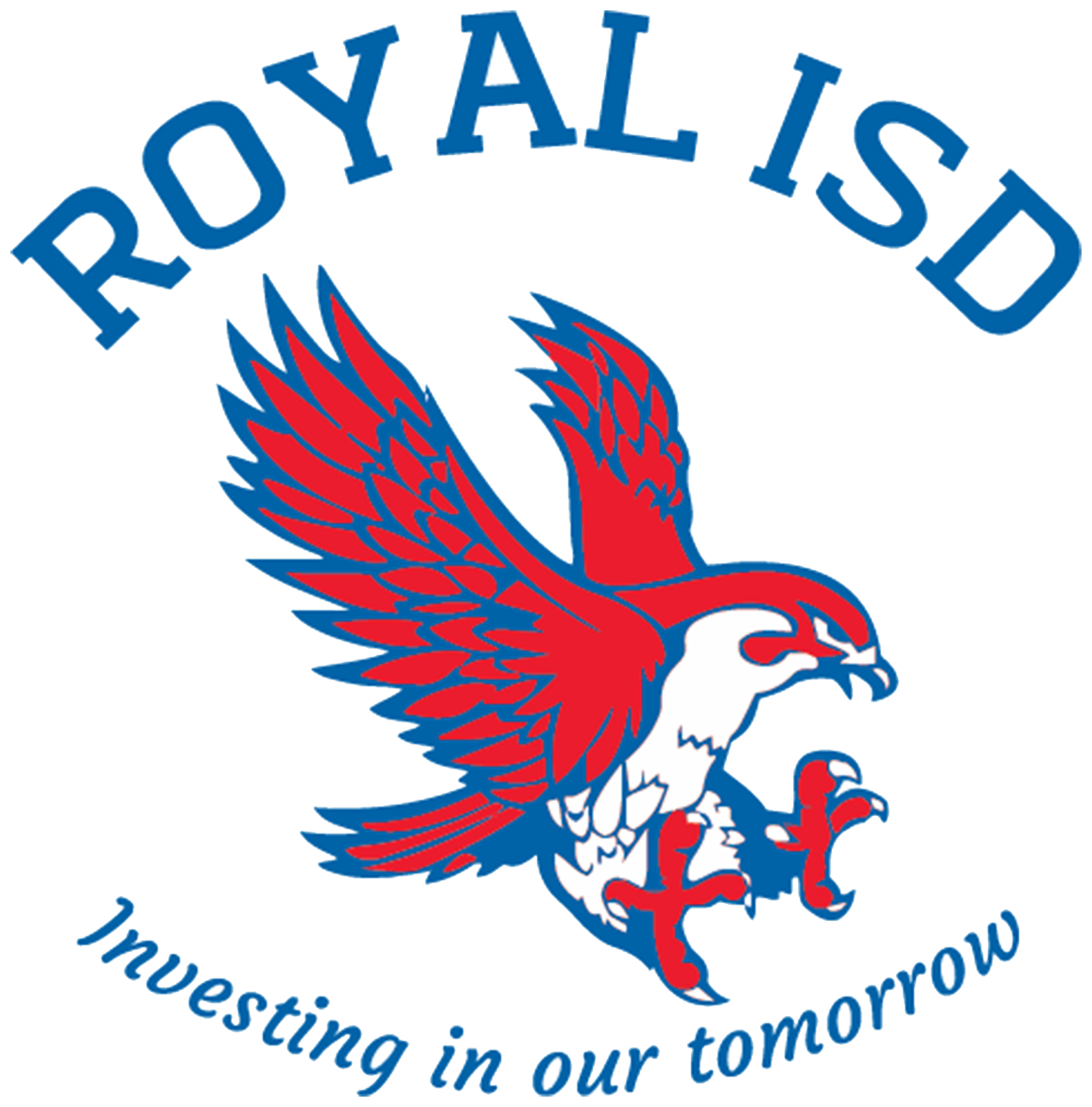The Houston area is blessed to have one of the most highly regarded hospital systems in the nation. Several hospitals in the Texas Medical Center recently shared guidance and advice for school districts and parents as we work together to best serve the children in our communities. Following are specific guidelines and recommendations for schools, parents, and communities. CLICK HERE to read the letter in its entirety. As always, Royal ISD is committed to the health and safety of our students, staff, and community, and we look forward to a continued partnership with the community.
Guidelines for schools and school systems
- Strongly encourage vaccination of your faculty and staff. Require vaccination if you can. At a minimum, strongly encourage vaccination. This is our single most powerful tool to protect ourselves, our community, and our children. Vaccines are safe, effective, free, and available.
- Implement masking for all people in school buildings – faculty, staff, and students.
- Promote distancing. Maintain at least three feet of space between students, when possible, within the practical limits of your facilities.
- Limit or eliminate outside guests/visitors to school buildings.
- Do everything possible to discourage teachers and staff members from coming to work if they are sick (fever, cough, breathing difficulty, fatigue, body aches, sore throat, congestion, loss of taste or smell, diarrhea, headache), or if they test positive for COVID-19.
Guidelines for parents
- Work to make sure your circle of friends and family – the people your child will see regularly – are fully vaccinated. Again, vaccines are safe, effective, free, and available.
- If your child is 12 years old or older, get them vaccinated. Today. Remember, they will not enjoy full protection until two weeks after their second dose. Start today, and they are still 5-6 weeks away from maximal protection.
- Stress the importance of masking in public with your child, especially when indoors or in crowded environments.
- Do not send your child to school if they are sick (fever, cough, breathing difficulty, fatigue, body aches, sore throat, congestion, loss of taste or smell, diarrhea, headache), or if they test positive for COVID-19.
- Carefully evaluate extracurricular activities and social gatherings. Our experience to date strongly indicates most disease in students is contracted outside of the classroom and school. Make sure activities are designed to minimize the risk of exposure (vaccinate, mask, distance). If it does not feel safe, curtail after-school and social activities until the virus is clearly receding.
Guidelines for the community
- Schools do not function in isolation; they are part of the community. We all have a role to play in maximizing the education and safety of our students and in protecting the people responsible for their education. Do your part to reduce the amount of SARS-CoV-2 in the community.
- Work to make sure you and your circle of friends and family are fully vaccinated.
- Wear a mask when indoors in public spaces. This will help protect teachers, students and their families and friends while they are out in the community.
Guidance for all
One final recommendation is for everyone. Recognize that this is a difficult time for all. Teaching is a noble but difficult profession in the best of times. COVID-19 has imposed an incredible burden on schools and teachers. The pandemic has forced parents to make decisions that are uncomfortable and unavoidable. We all need to work together to promote an environment of mutual respect. Please be kind to, and patient with, each other.

